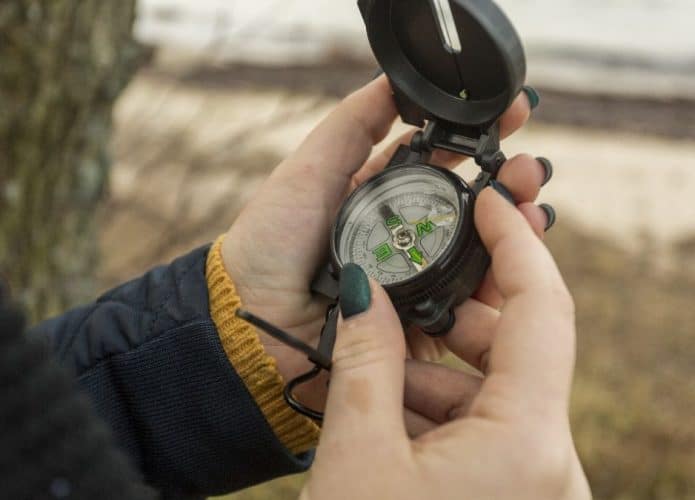A sense of direction is an essential skill in our ability to navigate the world around us. However, many people face challenges when trying to find their way, whether in complex urban environments or unfamiliar natural areas.
The science behind how the brain works provides valuable insights into how to improve this essential skill. In this text, we'll explore five science-backed tips for improving your sense of direction, based on research into how the brain processes location and direction information.
Read more:
By applying these strategies, you can develop greater confidence and competence as you navigate through the world by trusting your senses and natural abilities.
5 tips to improve your sense of direction
1. Explore and challenge yourself regularly to traverse unfamiliar terrain
Studies show that repeated exposure to unfamiliar and challenging environments can sharpen your sense of direction. Whether you're exploring new city neighborhoods or nature trails, challenging yourself to navigate different environments encourages the brain to develop and consolidate the cognitive maps needed for orientation.
2. Practice paying close attention to your surroundings
Paying attention to the details of your surroundings is essential to improving your sense of direction. Monitor characteristics such as wind direction, sun position, and changes in terrain. These elements provide valuable clues about your location and direction, helping to reinforce the mental maps that guide your navigation.
3. Experience navigation and orientation activities
Engaging in activities such as hiking using a map or joining sports groups that require geographic orientation can be very beneficial. These practices encourage the effective use of the brain's cognitive maps, which enhances the development of orientation and direction skills.

4. Limit dependence on browsing devices
Although navigation devices like GPS are useful, overuse can hurt your sense of direction in the long run. Try not to rely solely on these devices, and instead challenge yourself to use your natural orientation skills more. It may also be helpful to change the settings of GPS applications to require greater cognitive engagement.
5. Prioritize adequate sleep
Studies show that adequate sleep plays a crucial role in cognitive function, including a sense of direction. So make sure you prioritize getting a good night's sleep regularly. Not only does this improve your overall health, but it can also benefit your performance in orienteering games and activities that require mobility skills.
By applying these scientifically based tips, you can significantly improve your sense of direction and become more confident when navigating different environments, whether in the city or in nature. Remember that, like any skill, practice and experience are necessary for continuous improvement throughout life.

“Hardcore beer fanatic. Falls down a lot. Professional coffee fan. Music ninja.”






More Stories
The law allows children and adolescents to visit parents in the hospital.
Scientists pave the way for the emergence of a new element in the periodic table | World and Science
Can dengue cause hair loss? Expert explains how the disease affects hair